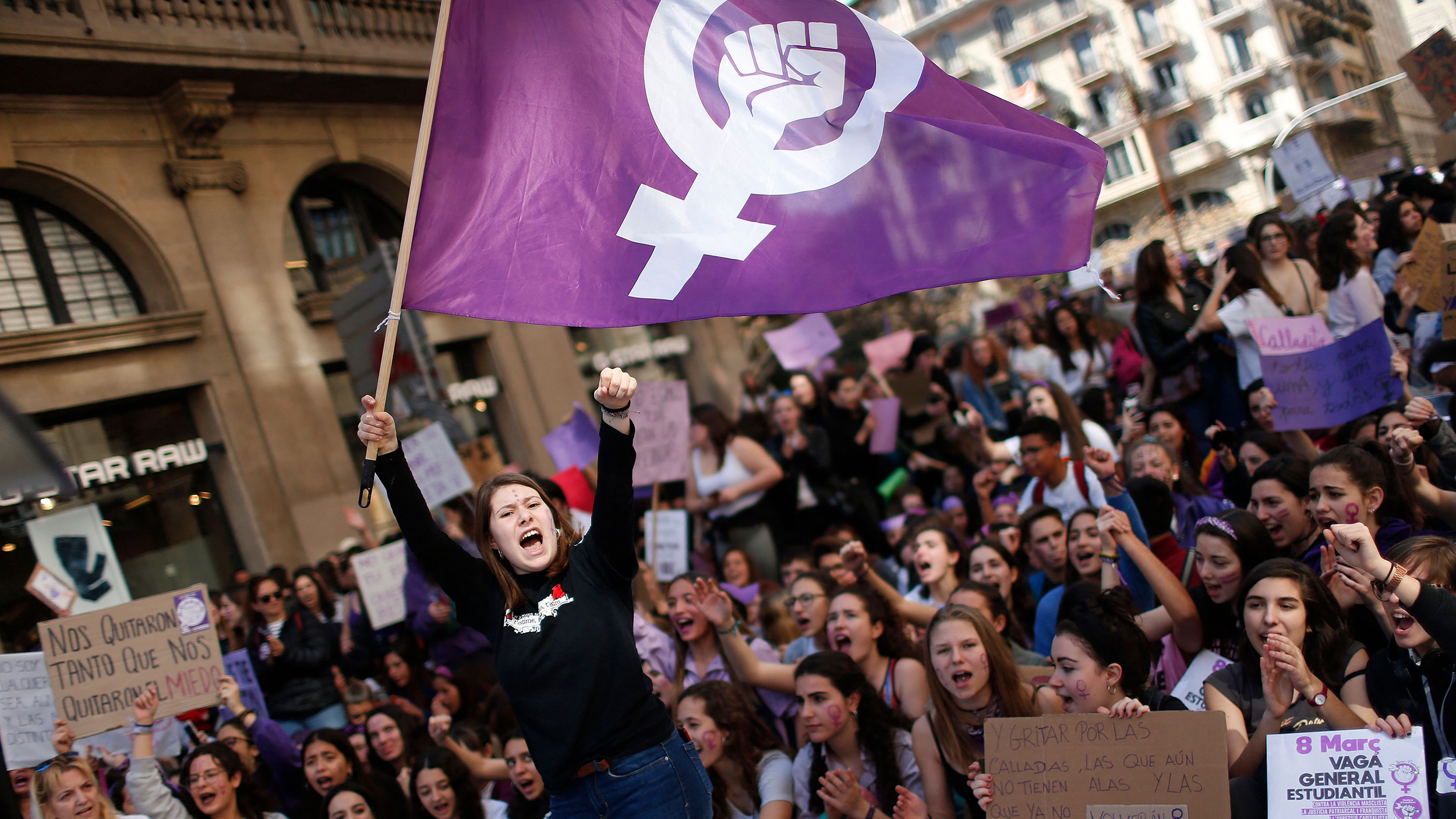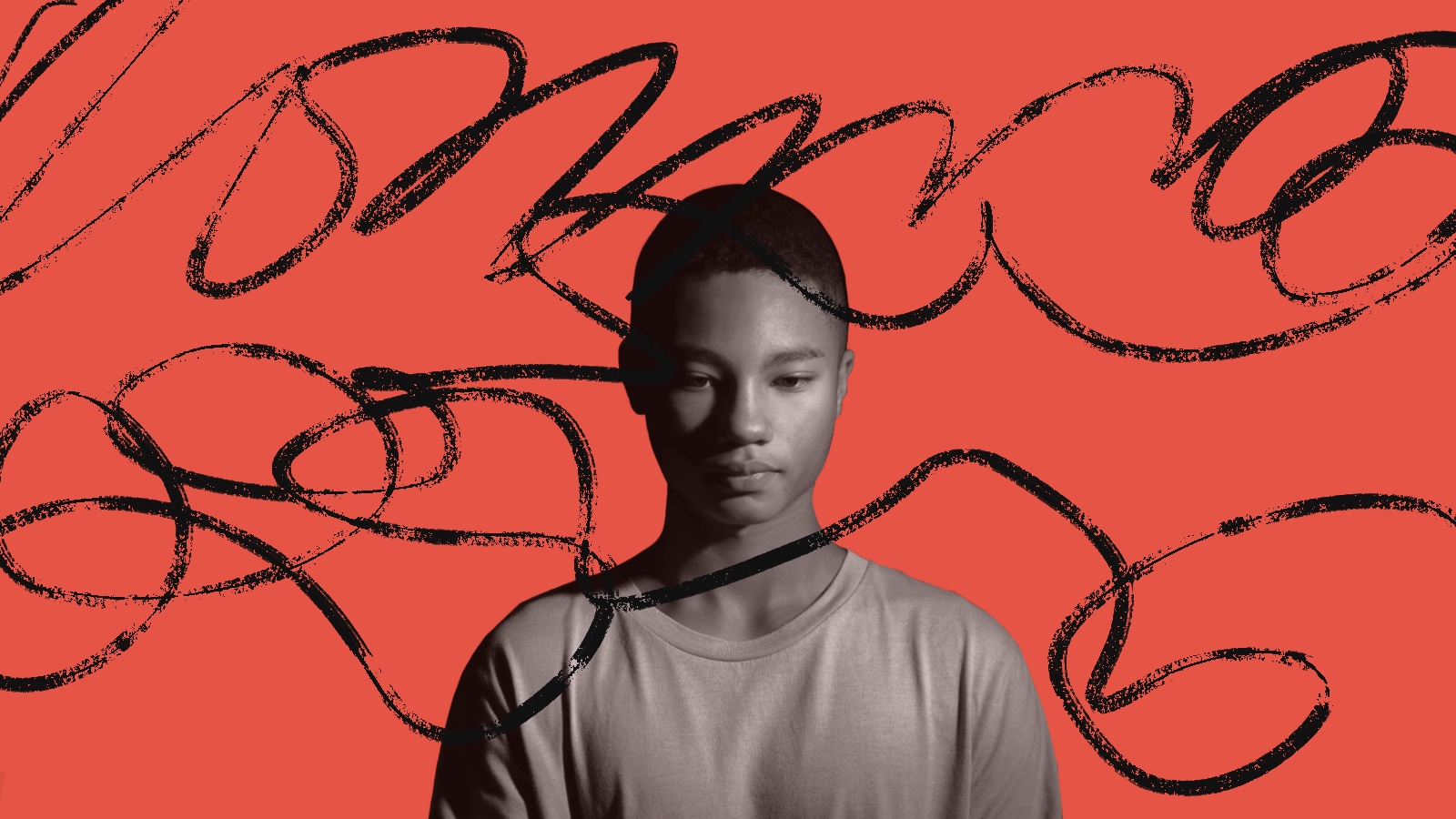Sexual harassment claims from “non-stereotypical women” seen as less credible

Credit: David Pereiras / Adobe Stock
- Sexual harassment is behavior characterized by the making of unwelcome and inappropriate sexual remarks or physical advances.
- Results of a 2018 survey showed that 81% of women (and 43% of men) had experienced some form of sexual harassment in their lifetime.
- According to a new study published by the American Psychological Association, women who do not fit female stereotypes for beauty are less likely to be seen as victims of sexual harassment, and if they claim they were harassed, they are less likely to be believed.
What is the difference between sexual assault and sexual harassment?
Sexual assault is classified as any type of sexual activity (including rape) that happens without your consent. Sexual harassment is defined as behavior that is characterized by the making of unwelcome and inappropriate sexual remarks or physical advances.
How common is sexual harassment?
A National Study on Sexual Harassment and Assault from 2018 surveyed 2009 adults (18+). This included 996 individuals who identified themselves as female and 1013 who identified themselves as male. The results of this survey showed that 81% of women (and 43% of men) had experienced some form of sexual harassment in their lifetime.

The study conducted a series of 11 multi-method experiments, involving over 4,000 participants.Credit: Andrey Popov / Adobe Stock
According to a new study published by the American Psychological Association, women who do not fit female stereotypes for beauty are less likely to be seen as victims of sexual harassment, and if they claim they were harassed, they are less likely to be believed.
“Sexual harassment is pervasive and causes significant harm, yet far too many women cannot access fairness, justice, and legal protection, leaving them susceptible to further victimization and harm within the legal system,” study co-author Cheryl Kaiser, Ph.D., of the University of Washington said in a statement.
According to Kaiser, sexual harassment claims were deemed less credible (and the harassment was perceived as less psychologically harmful) when it targeted a victim who was less attractive and/or did not act according to the stereotype of a typical woman.
The study conducted a series of 11 multi-method experiments, involving over 4,000 participants. It was designed to investigate the effects a victim’s fit to the concept of a typical woman had on participants’ view of sexual harassment (and the consequences of that mental association). In five experiments, participants read scenarios in which women either did or did not experience sexual harassment. Participants assessed the extent to which these women fit the idealized image of women, either by drawing what they thought the woman might look like or selecting from a series of photos. Across all experiments, participants perceived the targets of sexual harassment as more stereotypical than those who did not experience harassment.
In the next four experiments, participants were shown ambiguous sexual harassment scenarios which were then paired with descriptions or photos of women who were either stereotypical or not. The participants then rated the likelihood that the incident constituted sexual harassment. According to authors of the study, participants were less likely to label these ambiguous scenarios as sexual harassment when the targets were non-stereotypical women (compared with stereotypical women), despite the fact that, in some cases, the incident was the exact same.
The final two experiments in this study found that sexual harassment claims were often viewed as less credible when the victim adhered less to the typical female stereotype.
Even when a stereotypical woman and non-stereotypical woman submitted the same claim, it was deemed as less credible if the woman was perceived as less feminine. Additionally, the participants found the harassment to be deemed as less psychologically harmful when experienced by a non-stereotypical female.
“Our findings demonstrate that non-stereotypical women who are sexually harassed may be vulnerable to unjust and discriminatory treatment when they seek legal recourse,” co-author Bryn Bandt-Law, a doctoral student at the University of Washington, explained in an interview. “If women’s nonconformity to feminine stereotypes biases perceptions of their credibility and harm caused by harassment, as our results suggest, it could prevent non-stereotypical women who are sexually harassed from receiving the civil rights protections afforded to them by law.”
**If you or someone you know has experienced sexual harassment or assault, contact the National Sexual Assault Telephone Hotline at 800-656-4673. You are not alone.**





